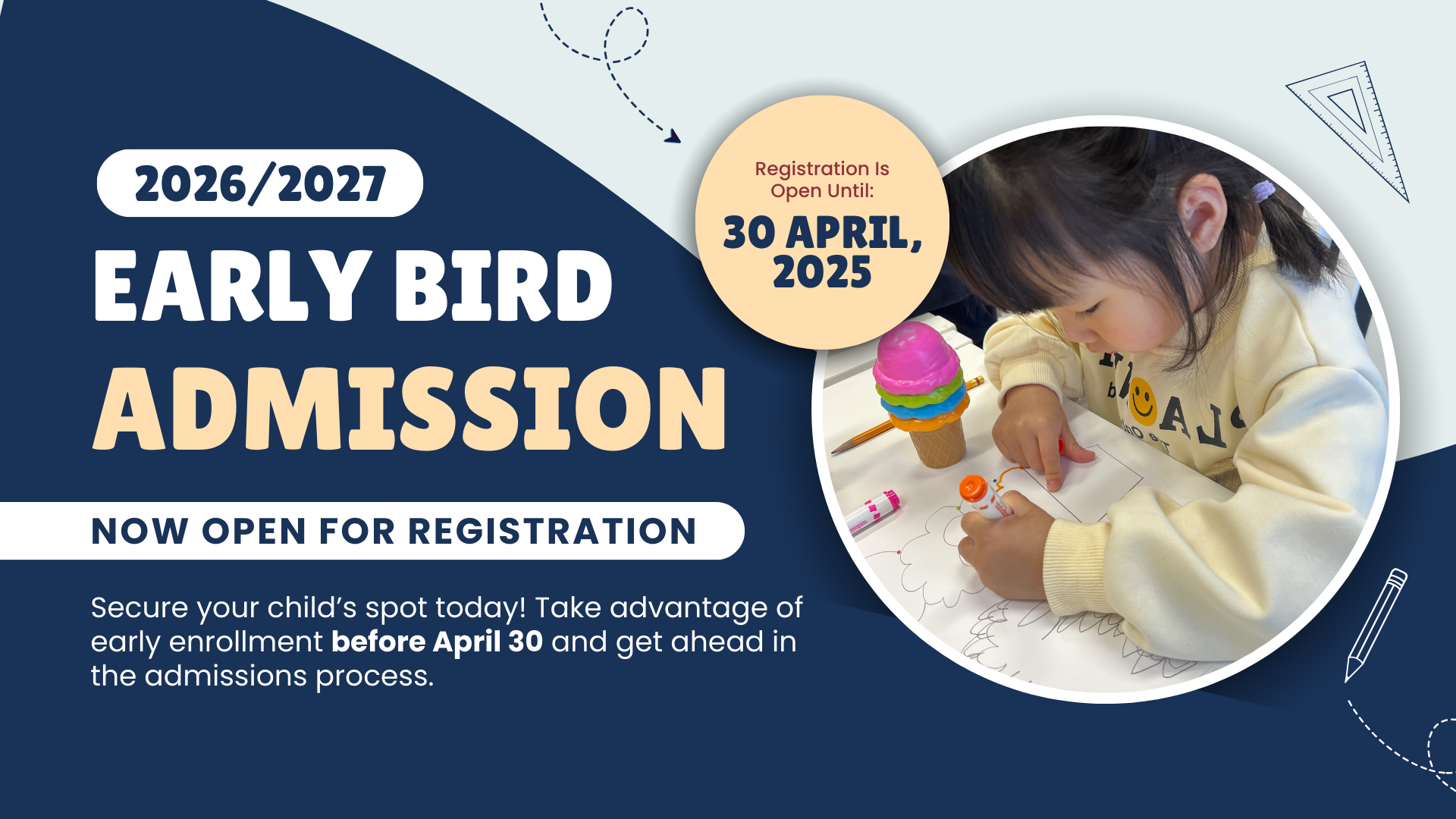
Bilingual Education: Giving Your Child A Second Language Is The Smartest Move
READINESS MILESTONES
As our world becomes increasingly globalized, the ability to communicate in more than one language has become more important than ever before. Bilingual education offers a range of benefits for young children, from cognitive and academic advantages to improved cultural understanding and increased career opportunities.
In fact, studies have shown that children who are exposed to a second language at an early age have better cognitive abilities, perform better academically, and have a greater understanding of and appreciation for other cultures.
Bilingual education programs are growing in popularity and for good reason. By providing children with the opportunity to learn a second language, parents and educators can help prepare them for success in a globalized world. In this blog post, we’ll explore the many benefits of bilingual education for young children. These include improved cognitive function, better academic performance, and enhanced communication skills. We’ll also discuss how bilingual education can promote cultural understanding and diversity. It truly opens up a world of career opportunities for your child.
Understanding the benefits of bilingual education is crucial. So, let’s dive into why bilingual education is such a smart move for young children and their future success.
Benefits of Bilingual Education for Young Children

IMPROVED COGNITIVE FUNCTION
Studies have shown that learning a second language can improve cognitive function, including problem-solving abilities, memory, and creativity. Bilingual children are often better at multitasking. They have greater flexibility in their thinking, as they are constantly switching between languages.
BETTER ACADEMIC PERFORMANCE
Bilingual education has been shown to have a positive impact on academic performance. Bilingual children tend to have higher grades, perform better on standardized tests, and have better reading and writing skills.
ENHANCED COMMUNICATION SKILLS
Bilingual education can help children develop enhanced communication skills, including better listening and speaking abilities. Bilingual children are often better at recognizing and interpreting nonverbal cues, as well as understanding and appreciating different cultural norms.
INCREASED CAREER OPPORTUNITIES
Bilingualism can provide children with a significant advantage in their future careers. It can open up a wide range of opportunities in industries such as business, healthcare, and education. For example, a bilingual individual is often more marketable. They may have a higher earning potential than someone who speaks only one language.
CULTURAL UNDERSTANDING AND DIVERSITY
Bilingual education can promote cultural understanding and diversity, helping children develop a greater appreciation for different cultures and customs. Bilingual children are often more open-minded and accepting of others. They are exposed to different perspectives and ways of life.
INCREASED BRAIN PLASTICITY
Learning a second language at an early age can increase brain plasticity, or the brain’s ability to change and adapt. This can be particularly beneficial for children, as their brains are still developing and are more receptive to new information. By exposing children to a second language, bilingual education can help promote healthy brain development and increase their overall cognitive abilities.
IMPROVED PROBLEM-SOLVING SKILLS
Bilingual education can help children develop improved problem-solving skills, as they are constantly exposed to different perspectives and ways of thinking. Bilingual children are often better at understanding complex problems and coming up with creative solutions, as they have experience navigating different languages and cultural contexts.
INCREASED CONFIDENCE AND SELF-ESTEEM
Learning a second language can be a challenging but rewarding experience, and can help children develop increased confidence and self-esteem. Bilingual children are often proud of their ability to speak two languages and may feel more confident in their overall communication skills. In addition, being bilingual can give children a sense of belonging to different cultures, which can help boost their overall self-esteem.
IMPROVED MULTICULTURAL COMPETENCE
Bilingual education can help children develop improved multicultural competence, or the ability to function effectively in different cultural contexts. Bilingual children are often more aware of different cultural norms and values and can use this knowledge to navigate different social situations. In addition, being bilingual can help children develop empathy and a greater appreciation for different cultures.
If you’re a parent considering bilingual education for your child, it’s important to do your research and choose a program that is reputable and effective. Look for programs that offer high-quality instruction in both languages and that prioritize cultural immersion and community engagement. By investing in your child’s bilingual education, you’re giving them a lifelong gift that will continue to benefit them in countless ways for years to come. Talk to your child’s educational consultant about the best bilingual education opportunities and plans for them.
So, whether you’re interested in bilingual education for its cognitive benefits, academic advantages, or cultural enrichment, there are plenty of reasons to consider it for your child. By helping your child learn a second language, you’re not only preparing them for a successful future but also giving them the opportunity to develop a global perspective and become true citizens of the world.




